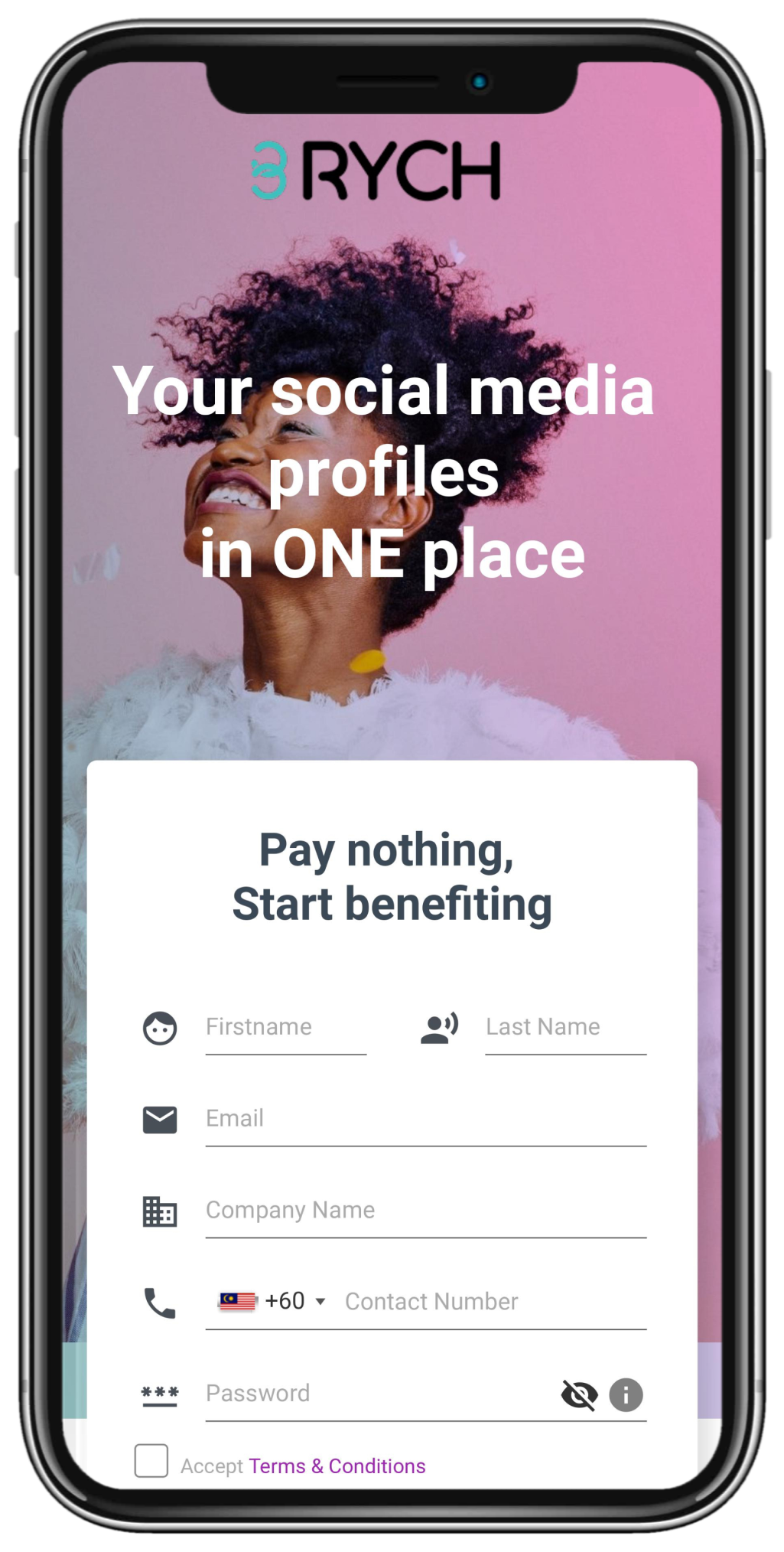Today’s shopping experience has to follow a solid omnichannel marketing strategy. Customers are everywhere, with access to each and every platform on demand.
7.9 billion people in the world. 213.65 million companies. How can a company stand out amongst the millions, and reach into its desired pool of consumers? At the very least, a company must cast their net far and wide, and cover every possible customer touchpoint available – be it online or offline.
What is Omnichannel Marketing?
Omnichannel marketing is a strategy to be wherever your consumer is, conveying the right message, at the right time. It provides a seamless and consistent experience for customers on all customer touchpoints, whether it’s on the business’ website, Instagram’s “Shopping” tab, or a physical store.
There are numerous online tools available to help your business in launching its omnichannel strategy. Rych and other all-in-one platforms are excellent solutions to ensure you don’t miss any opportunities while communicating with your consumers. Managing several channels may be a time-consuming effort since you must switch between platforms. As a result, such platforms are an excellent way to bring all of your channels under one roof.
Here’s why Omnichannel Marketing is important for businesses:
1. Data Collection and Analysis
As mentioned earlier, omnichannel marketing conveys an aligned message to consumers at each touchpoint, but on multiple platforms. Every data and result generated from each touchpoint can impact another, hence making omnichannel marketing be viewed as a whole. For example, Sarah might be introduced to your company through an ad online but was eventually converted through a simple social media post on Instagram at the end.

Omnichannel analytics provides you a 360°, unified picture of your customer data, and which channel or platform proved successful in generating conversions. Understanding your customer’s journey, behavior, and interest through such data can be immensely helpful for businesses to craft better campaigns in the future, and convert quality consumers through a seamless experience.
2. It’s more personalized
People dislike ads. In fact, 90% of people feel that ads targeted to them are “annoying”, and 71% of consumers feel frustrated when a shopping experience is not personalized.
This goes to show that personalization in ads is now a must. No matter the size of your company, if your business is not creating a tailored experience for your customers, you’ll have a big risk of falling behind.
Having a structured omnichannel marketing strategy in place definitely makes the task of creating personalized ads across multiple channels possible, because of your clear understanding of each role and performance of your channels.
3. Allows better team collaboration
By clearly understanding the different marketing channels through a structured omnichannel strategy, team members can convey a cohesive message throughout a customer journey. For example, John, a social media manager, received more than 100 inquiries from a social media post across three different platforms, all compiled through a single social media communication platform.

John can then inform the advertising team that a certain post was receiving the spotlight through different platforms, so that advertisers would be able to tailor their ads according to their interests, increasing the chances of garnering quality leads.
No matter which department or whether the marketing material is an email, a call, or an ad, omnichannel marketing infuses better communication and collaboration between teams.
4. Cost-effective
Accurate marketing insights from across channels that are gained using the omnichannel marketing structure can help businesses effectively allocate their marketing budget.
Knowing which channels are more successful in pushing sales and retaining customers can help in making informed decisions to increase or decrease the budget for certain campaigns or targeting in advertising.
For example, with ever-changing consumer behavior and audiences, you can also be efficient in tailoring your ads, their placement, and more, right when the issue arises.
In the long run, omnichannel marketing improves the effectiveness and efficiencies when spending, making it a really cost-effective business strategy.
A study shows that an average of 89% of a business’s customers are retained if they apply strong omnichannel engagement practices. With more and more platforms emerging as businesses grow and technology evolves, having a clear, transparent picture of the customer journey and the channels associated with it is definitely a necessity.
As consumers nowadays place their focus more on the brand itself – the personality, the interactiveness, the relatability of it – and not so much on the product itself, absorbing and adapting your audience’s feedback and comments plays a big part in your business’ brand.





